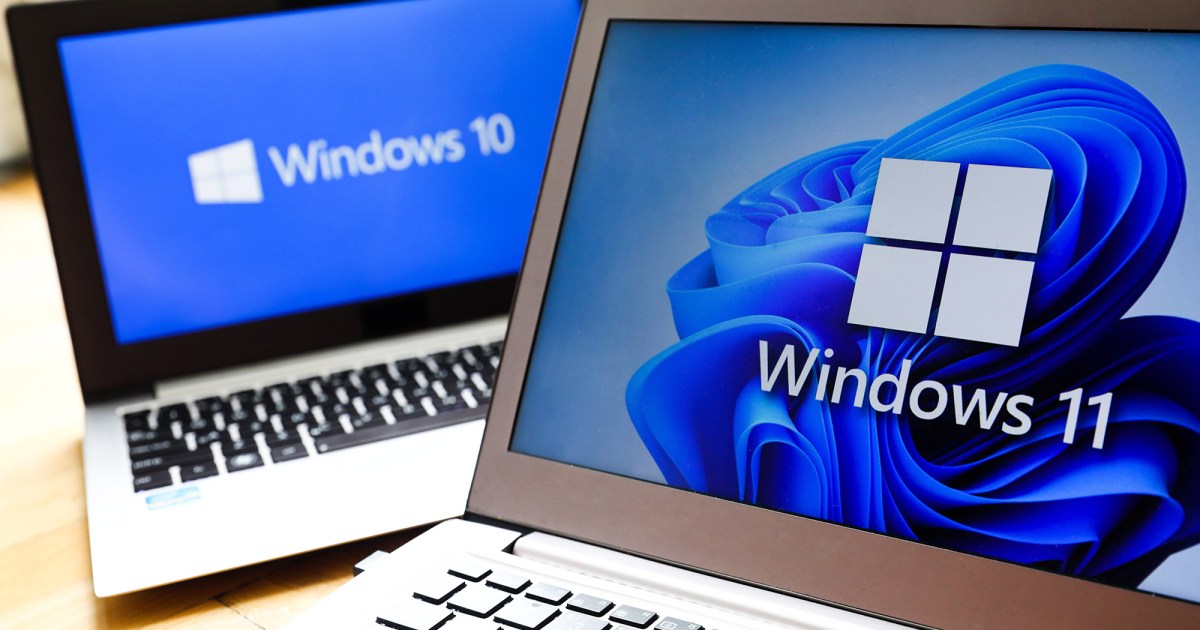Microsoft is sharing more details of its plans to transition customers still using Windows 10 from a free offering to a paid structure if they wish to continue receiving security updates.
The company is phasing out the legacy operating system, which will reach its end-of-life support on October 14, 2025. After this, Microsoft will begin charging enterprise users a monthly fee for Extended Security Updates (ESU). Businesses must purchase an ESU license for all Windows 10 devices in order to maintain security support beyond the cutoff date.
Pricing tiers begin at $61 for the first year, double to $122 in the second year, and double again to $244 in the third year. Businesses entering the ESU program later will be responsible for the cost of the time they missed.
Microsoft confirmed in December 2023 that its ESU program will also be available for general consumers but has not shared pricing for that demographic. The brand said on its IT Pro Blog that consumer pricing would be shared at a later date.
Overall the pricing push appears to be Microsoft’s effort to gradually nudge enterprise users, in particular, to upgrade to its latest Windows 11 operating system. Despite Windows 11 being available since October 2021, it makes up approximately 27% of global usership, compared to Windows 10 at 69%, according to StatCounter.
Studies focusing exclusively on enterprise spaces show figures skew even higher, with upward of 80% of devices in the business sector running Windows 10. Studies have found that when businesses are upgrading to Windows 11, they prefer to replace old hardware with new devices rather than introduce new software to outdated models.
Despite claims that Windows 11 adoption is slow due to Microsoft’s strict hardware requirements, research has also shown that a significant number of enterprise workstations meet the CPU, RAM, and TPM requirements to upgrade to Windows 11. It is likely in-house challenges that prevent businesses from upgrading to the latest operating system in whatever way possible.
Either way, Microsoft has put organizations on notice that the ESU program is a transitionary period to making Windows 11 the operating system of the modern age.
“Extended Security Updates are not intended to be a long-term solution but rather a temporary bridge,” the brand said in the blog post.
“You can purchase ESU licenses for Windows 10 devices that you don’t plan to upgrade to Windows 11 starting in October 2024, one year before the end of support date,” it added.
Editors’ Recommendations

